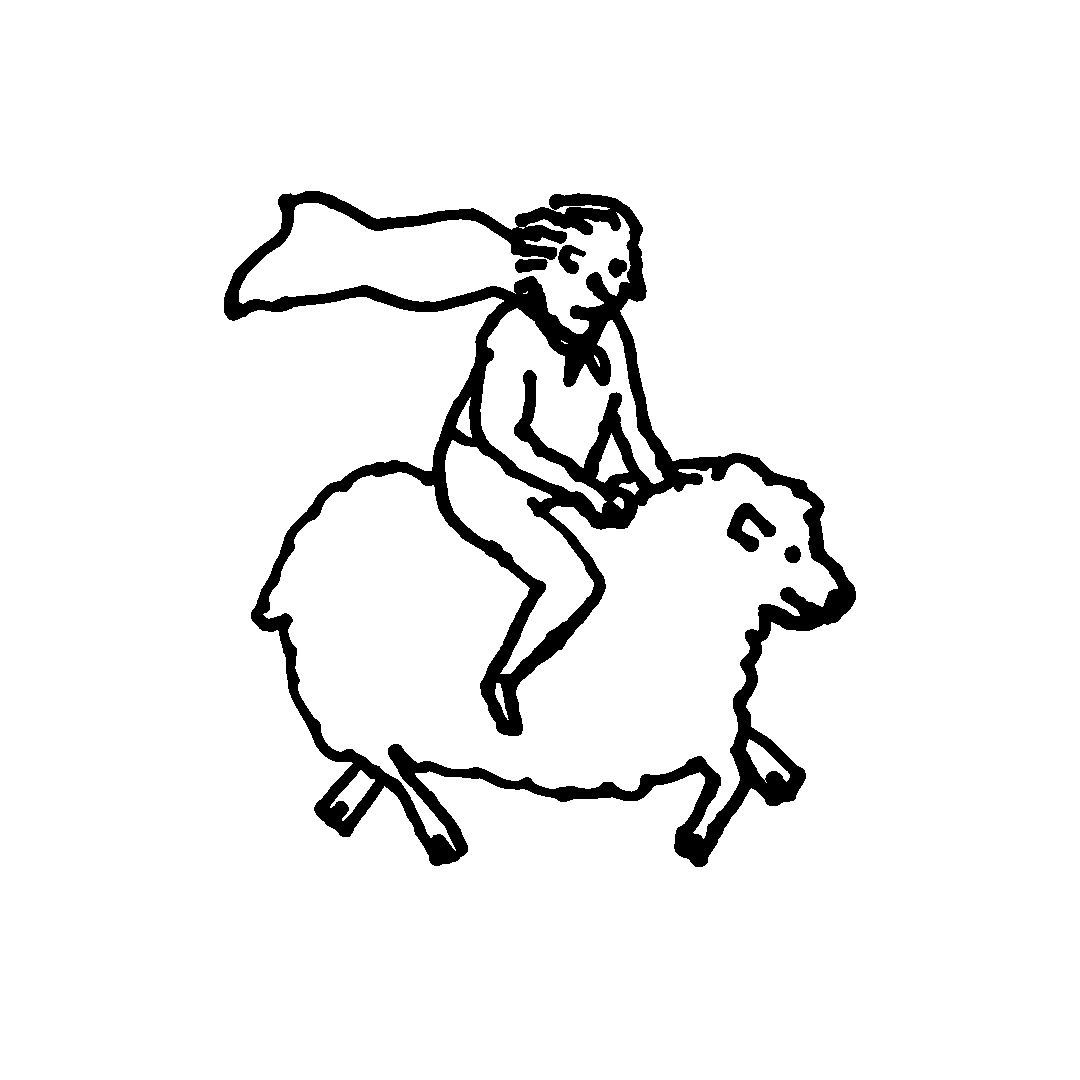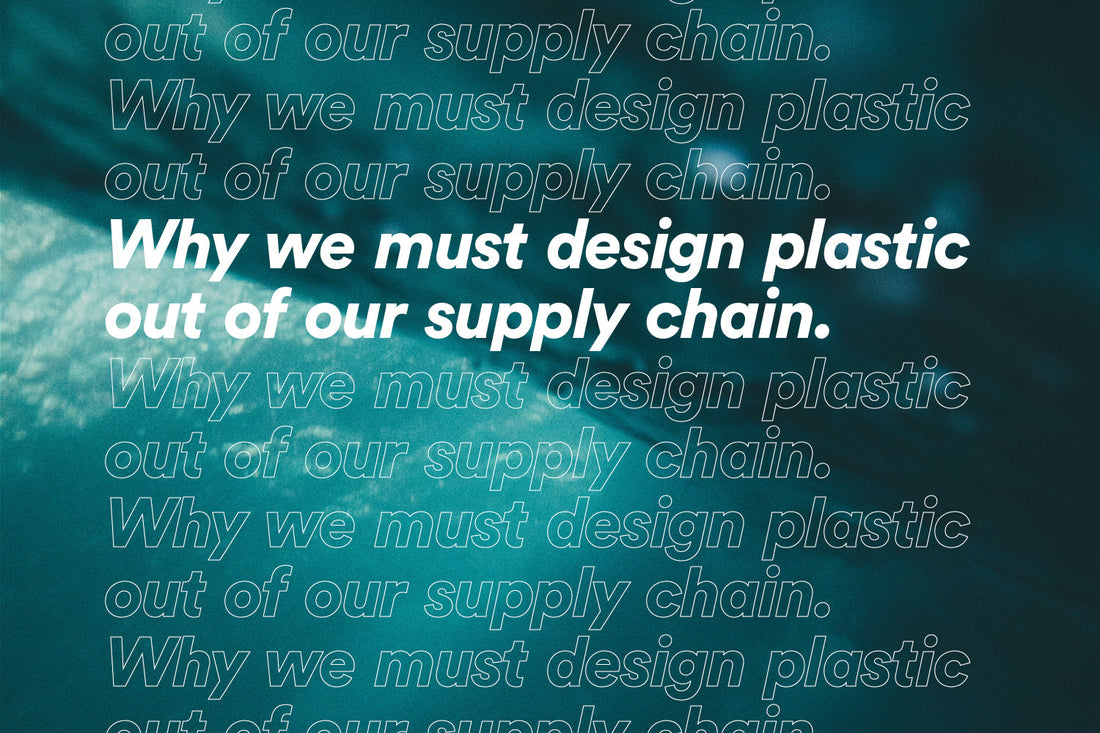More than ever, our clothes are made of plastic. 60% of clothes produced worldwide are made from non-renewable fossil fuels. Synthetic materials like polyester, nylon and acrylic, require a massive amount of energy to be produced and just washing them can pollute our Oceans. Environmental scientists are finding microplastics in the most remote areas of the world, a consequence that the fashion industry bears significant responsibility for.
The Impact.
Approximately 8 million tons of microplastics end up in the environment annually. On current trend, this number could rise to 22 million tonnes by 2050. For context, that is about two thirds of the plastic-based fibres currently used to produce garments annually. By sampling wastewater from domestic washing machines, it was estimated that around 1,900 individual fibers can be rinsed off a single synthetic garment. Moreover, polyester and nylon require a massive amount of energy to be produced - approximately 9.52 tonnes of CO2 per tonne of polyester.
Substituting polyester with its recyclable counterpart can reduce energy consumption by 60% and emissions by up to 40%, but it also weakens the fibers, leading to an even higher number of microplastics released during washing and a shorter product lifetime.
To achieve a new fashion future we need to choose better materials and design plastic out of our supply chains.

Sheep Inc. Standard.
When we created Sheep Inc. our aim was to set a new way of doing business. To shape a new fashion future by creating responsible pieces that nurture a connection to their production and inspire a sense of urgency around the climate crisis.
Part of that challenge is making sure we minimise our impact on the environment. Natural fibers have a significantly lower environmental footprint - yet sheep can be responsible for large amounts of greenhouse gas. The most important part of mitigating CO2 impact is the suppliers you use. In our case, the main mitigation of CO2 impact comes from using farms that implement regenerative farming practices that allow them to be naturally carbon neutral or even negative. On top of that we invest 5% of our revenue in biodiversity projects to mitigate tenfold the lifetime impact of our sweater - to sequester more carbon from this world than we emit.

Wool is a natural and renewable resource and when it is disposed of it naturally decomposes in soil in a matter of months - slowly releasing valuable nutrients back into the earth.

We have also been working with a Spanish specialist supplier to design our own bio-bags to transport our sweaters from our manufacturers to the warehouse - as replacement for the virgin polymer bags widely used across the fashion industry. These bags are made of PLA from renewable resources and are 100% biodegradable. In addition, we use zero-plastic packaging consisting of a 100% recycled cardboard box, a sweater bag made of 100% recycled cotton and a sweater comb made of 100% recycled wood.

Looking Forward.
Microplastic has already entered our food chain and by 2050 plastic in the oceans could outweigh fish. To challenge standard well need to be honest with ourselves and our consumption habits. Make better choices and flock together, always seeking to empower each other to act with our planets best interests in mind.
This is not a moment - its a movement. To change the world we must #ChallengeStandard.
P(rovident).S(heep).
If you are going to use clothes made from synthetic fibers get yourself one of these.


